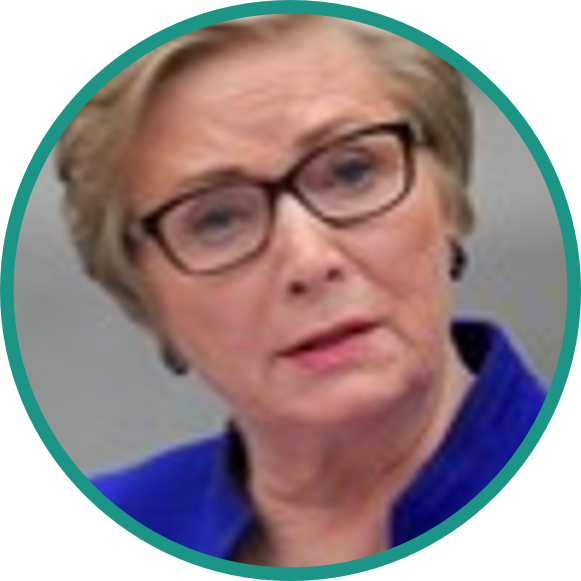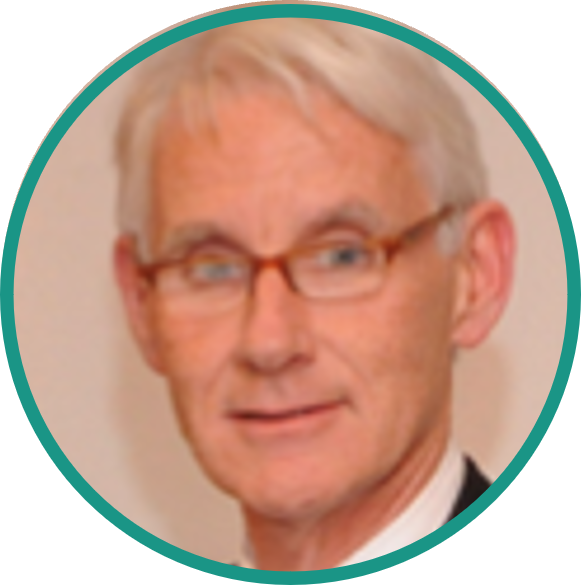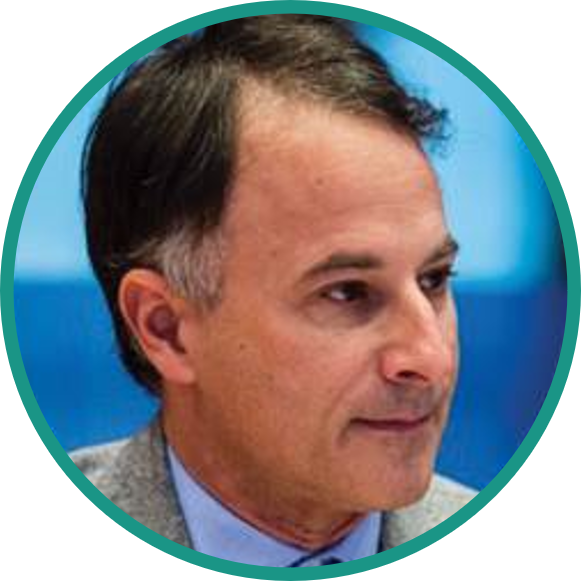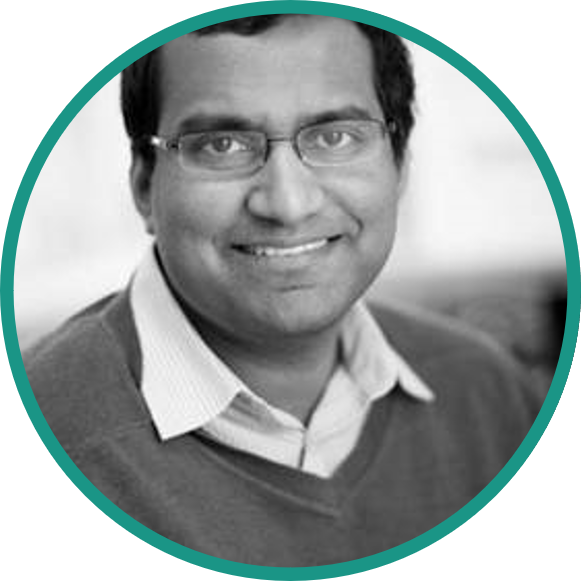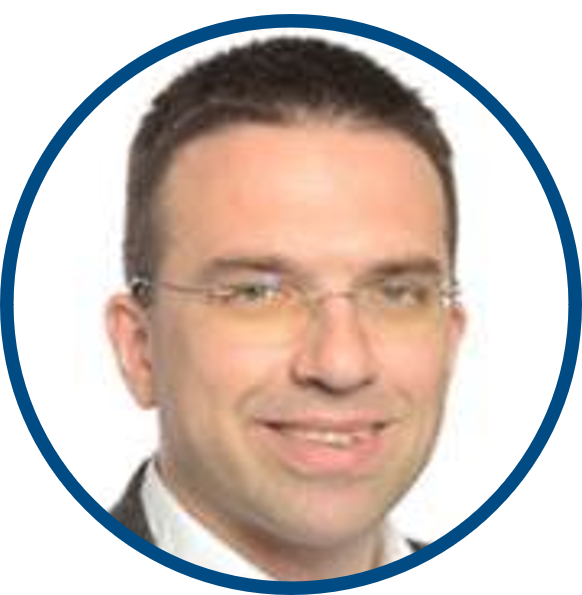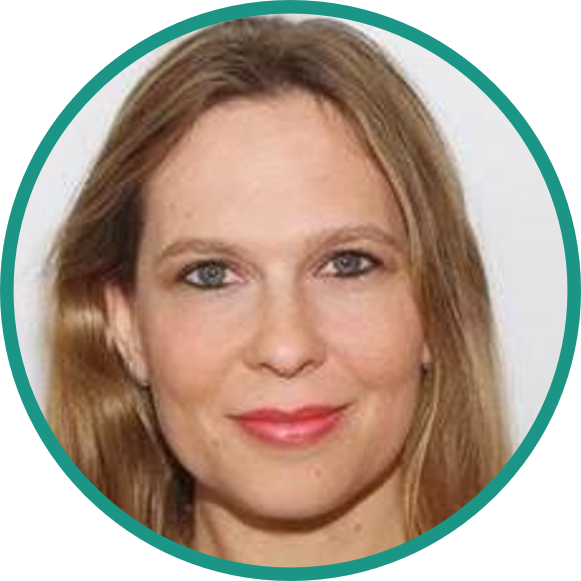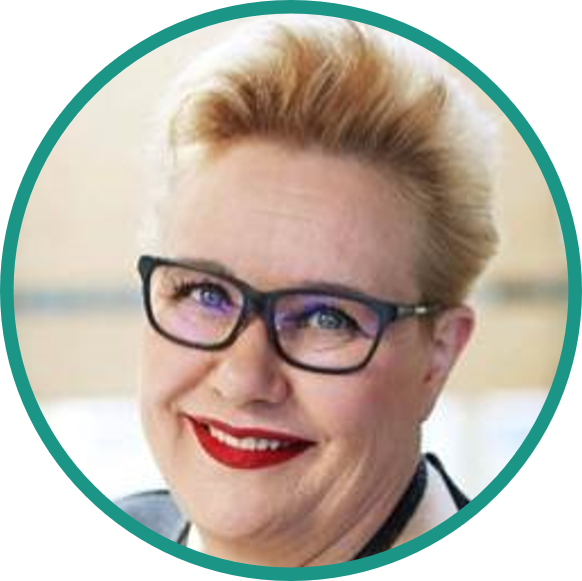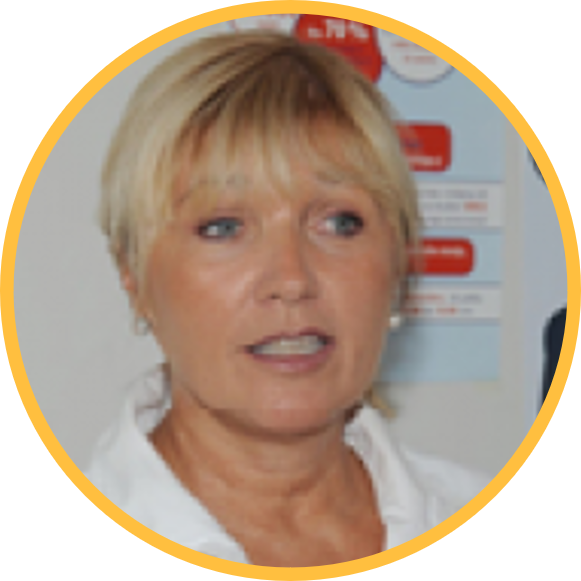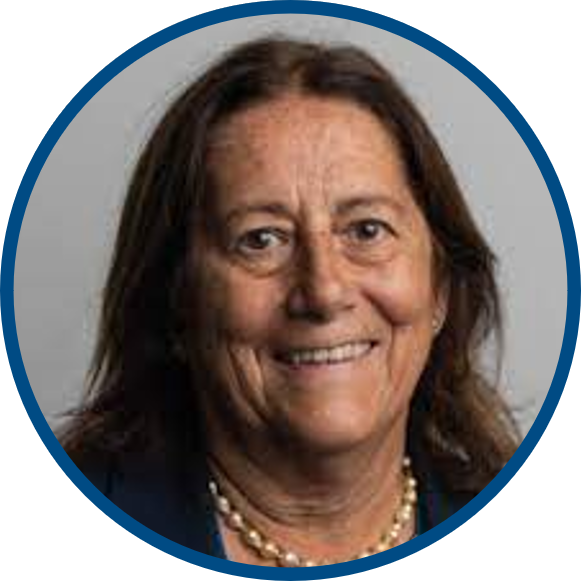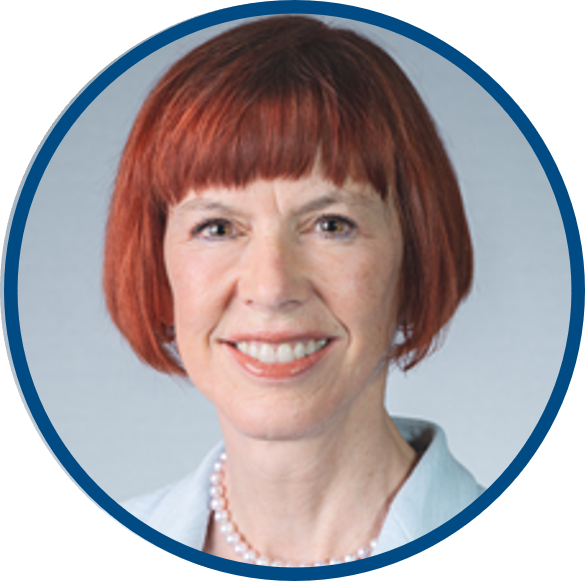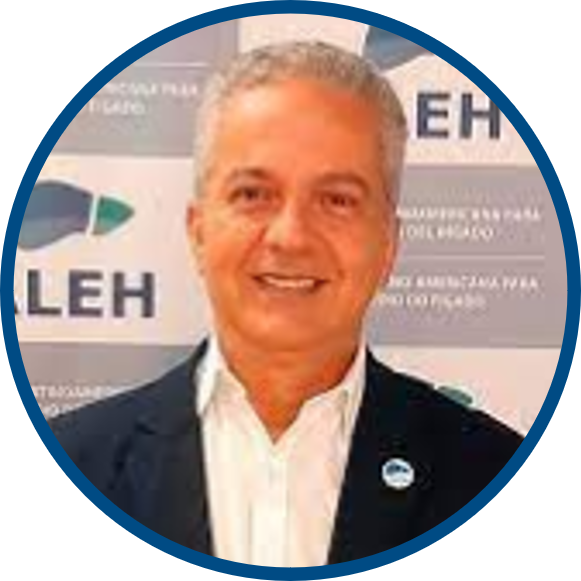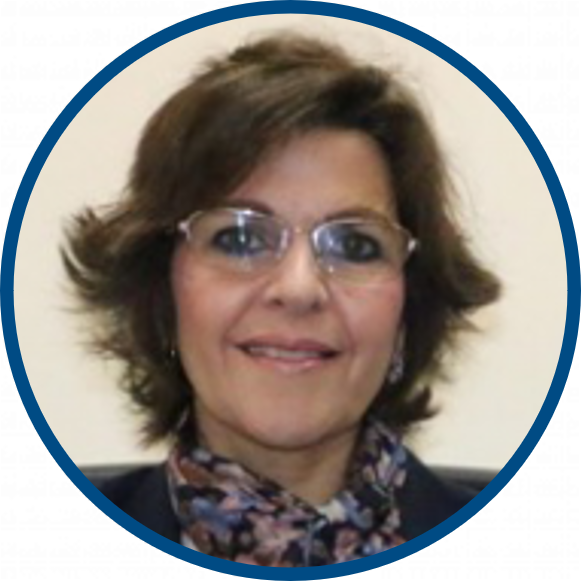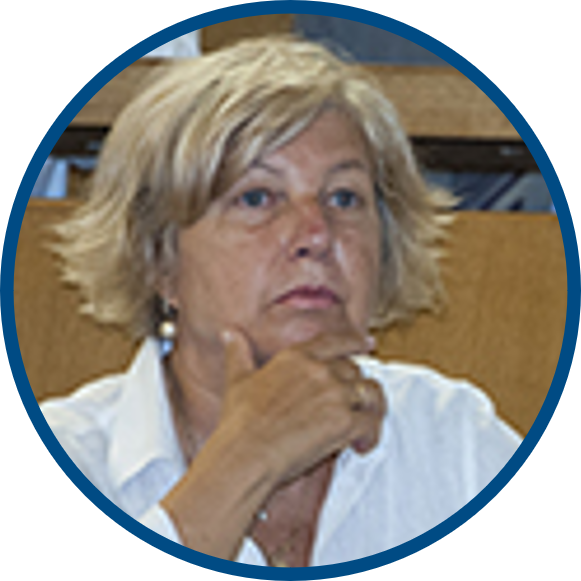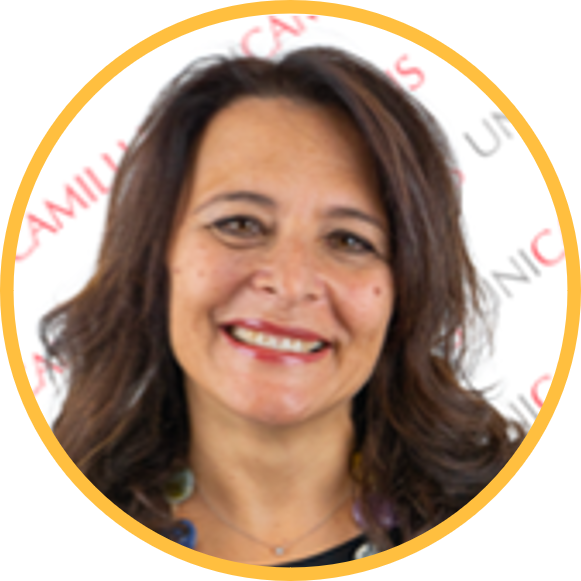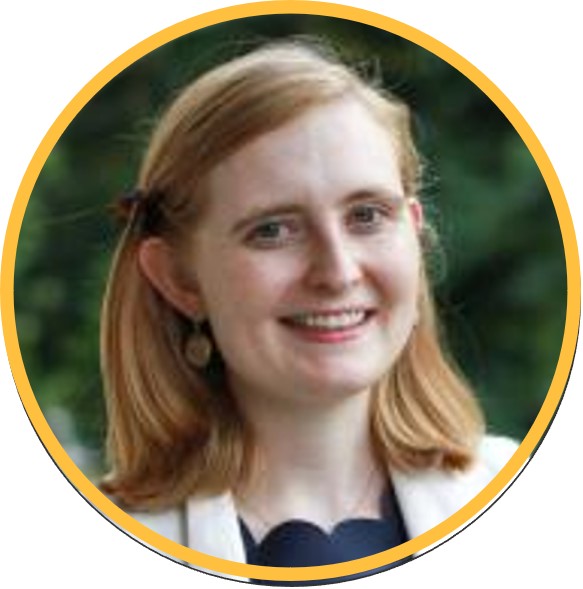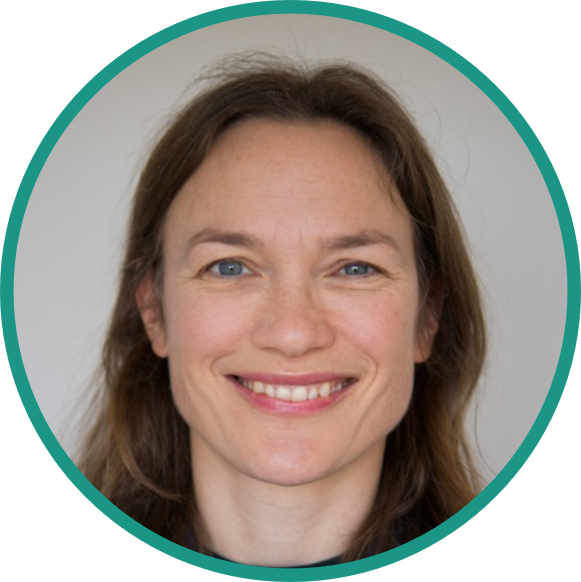|
Mojca Matičič, EASL Policy and Public Health Committee Member (2018-2022), is Head of the Viral Hepatitis Unit and Head of the STI Outpatient Service at the Clinic for Infectious Diseases and Febrile Illnesses, University Medical Centre in Ljubljana, Slovenia. She is also a Full Professor of Infectious Diseases and Epidemiology at the Faculty of Medicine, University of Ljubljana. After gaining her medical degree, Professor Matičič specialised in internal medicine and in infectious diseases at the University of Ljubljana, before completing a masters and PhD in HIV/AIDS and HCV, respectively. Subsequently, she undertook international postdoctoral training at the Middlesex Hospital and Royal Free Hospital in London, UK. Professor Matičič’s research interests focus on viral infections, primarily viral hepatitis, antiviral treatment and STIs. An active member of numerous professional societies including EASL (European association for the Study of the Liver), where she is a member of the Policy and Public Health Committee (PPHC), Hepatitis B&C Public Policy Association (HepB&C PPA), ESCMID (European Society of Clinical Microbiology and Infectious Diseases), and INHSU (International Network for management of Hepatitis in Substance Users), she currently leads a hepatitis C study group at C-EHRN (Correlation-European Harm Reduction Network), serves as an advisor to WHO (World Health Organization) Europe, ECDC (European Center for Disease Control) and the VHPB (Viral Hepatitis Prevention Board). Professor Matičič is also a member of the HIV/AIDS Committee of the Slovene Ministry of Health and a co-author of the National Strategy for the Management of HCV Infection in Slovenia (1997). She leads the Slovene National Viral Hepatitis Expert Board and co-authored the national clinical practice guidelines for the treatment of HCV and HBV infections. She has authored or co-authored more than 450 articles in national and international peer-reviewed journals, EASL Policy and Position statements and organised numerous national and international conferences.
|



